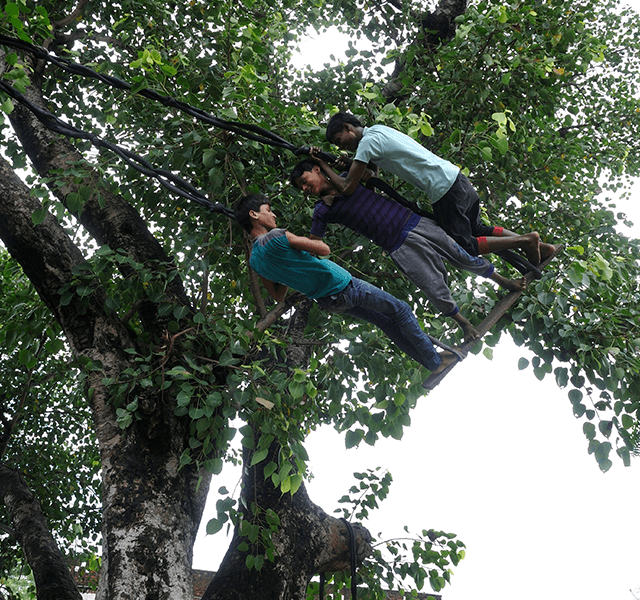

The 26th edition of the PAHAL newsletter – a reflection of our collective support to the Department of Health Department of Medical Education and ICDS towards strengthening public health services across community, facility, and health systems in Uttar Pradesh.
Read MoreUP TSU, in collaboration with the Government of Uttar Pradesh, conducted a qualitative study to explore barriers to the continued use of Antara (injectables) and Chhaya (weekly contraceptive pills). Insights from users, FLWs, and providers highlighted concerns regarding side effects, complexity in the dosage schedule, and other factors, deterring their sustained use. The study underscores the need for user-focused strategies and improved provider engagement to enhance sustained use of the new contraceptives.
Read MoreUP TSU, in consultation with the Government of Uttar Pradesh, conducted a qualitative study with Traditional Method (TM) users and FLWs to understand the factors driving TM adoption and continuation. Findings showed that normative acceptance and clarity on the effects of TM, as opposed to the complexities in the adoption and use of modern methods, facilitated TM use. It also highlighted the need for tailored interventions, specific to the family planning needs of women across all parity levels.
Read MoreThe Odisha Exemplar Report highlights the state’s substantial progress in reducing maternal and newborn mortality between 2000 and 2018, surpassing most other high-mortality states in India. These findings are part of the Exemplars in Maternal and Newborn Health Study, which aims to understand positive outliers and inform policy and practice.
Read MoreThe Rajasthan Exemplar Report highlights the state’s significant progress in reducing maternal and newborn mortality between 2000 and 2018, surpassing most other high-mortality states. hese findings are part of the Exemplars in Maternal and Newborn Health Study, to understand positive outliers and inform policy and practice.
Read More